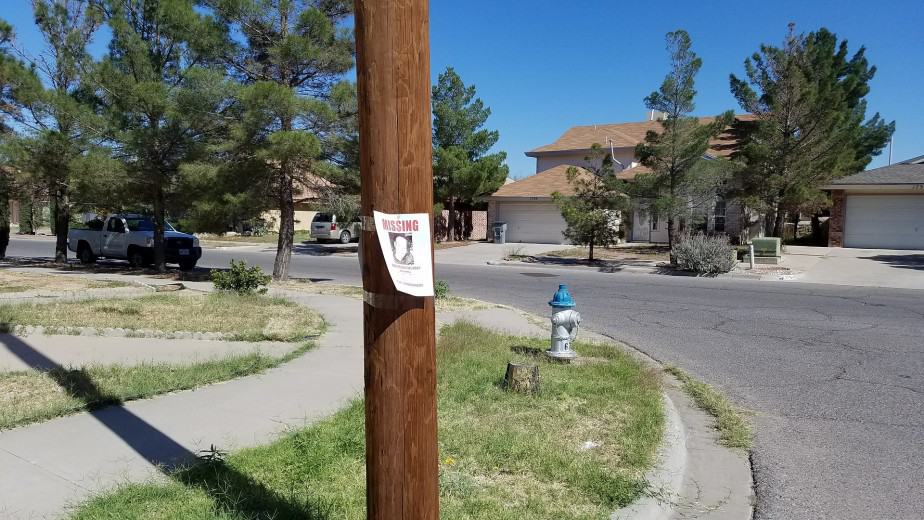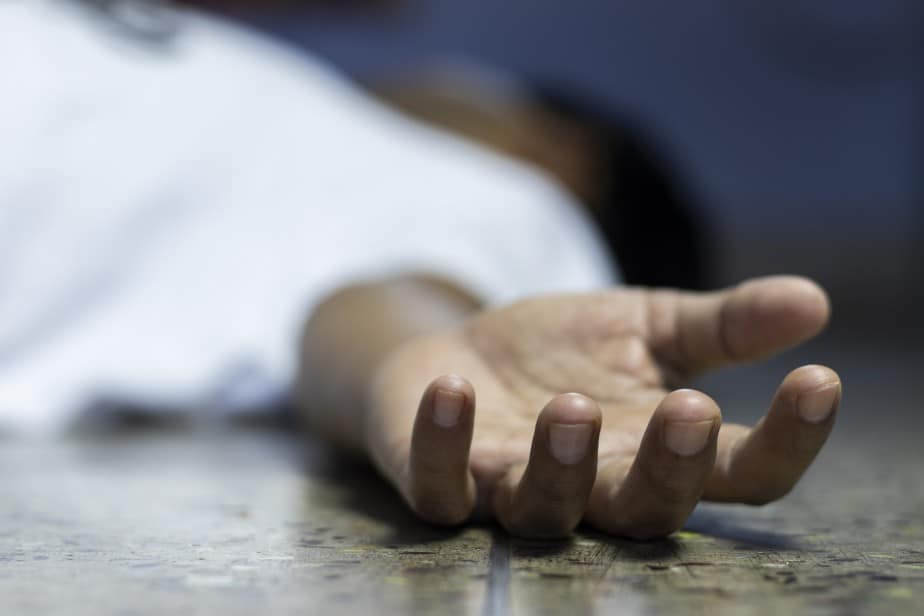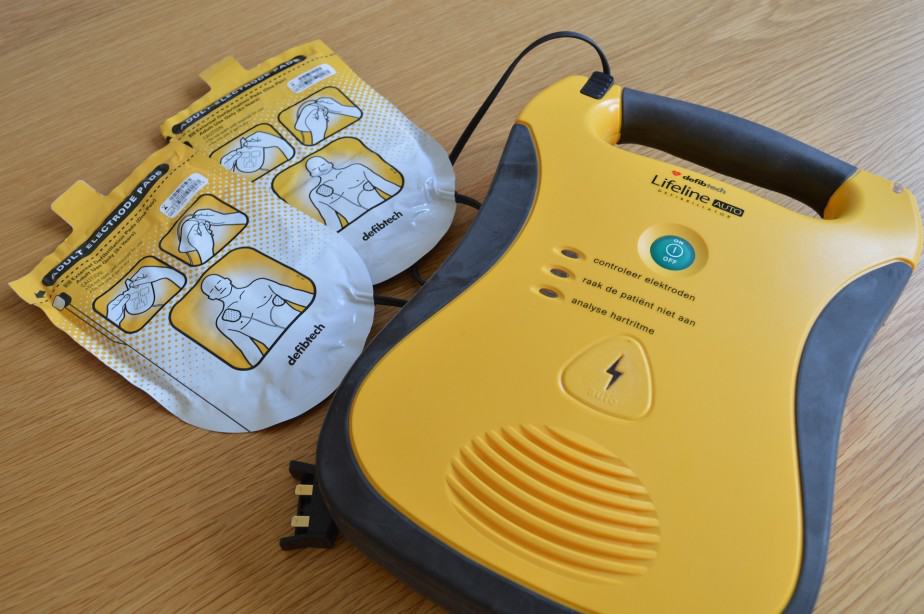As an emergency care provider, paramedics encounter death all the time. Although paramedics will do what they can to save lives, what if their measures don’t work or what if they arrive too late?
So, can a paramedic pronounce someone dead?
Whether a paramedic can pronounce death depends on where in the United States they are, as state laws varies by state. It also depends on how ‘obviously’ dead someone is. If a paramedic cannot issue the measure, then a physician typically will. Since the physician needs to sign the death certificate, they will need to be involved at some point anyway.
In this article, we’ll explain more on legal death, what a paramedic’s role is in declaring legal death, and how long a paramedic will administer CPR to save someone’s life. Keep reading!
When Is a Person Considered Legally Dead?
First, we need to talk about legal death so you’re clear on that. When someone is considered legally dead, it’s jurisdictionally certified that they’re not living.
This may sound extraneous, but medical experts must be sure that someone is legally dead before signing off on their death certificate. Otherwise, declaring someone dead who turns out to be alive can lead to disastrous consequences.
In some instances, a person doesn’t necessarily have to be dead for legal death to be declared. In missing persons cases, this happens all the time.

When the case goes cold and someone has been missing for many years with dwindling hope of finding them, that person will likely be pronounced legally dead. They may still be alive, but until the case is solved, that’s the declaration.
This means of pronouncing someone legally dead is sometimes called declared death in absentia.
When someone is declared dead in absentia, a doctor or physician does not necessarily have to make the pronouncement.
The other instance in which death in absentia may be declared is if the person was in great danger when they were last seen and are likely to have perished since.
For example, if someone was trapped in a raging fire the last you saw them but you never got any confirmation of their death, then declaring death in absentia would be applicable.
In all other cases of legal death, a medical expert must make the declaration, often a physician. What constitutes legal death in the US can vary depending on state law, but two general categories are followed.
These are brain death, where the brain has stopped functioning, and/or cardiopulmonary death, where the person is no longer breathing nor is their heart beating.
A medical expert may attempt to get the heart going again or to get the person breathing, but if these measures are considered futile, then legal death is declared.
The physician will then produce a death certificate, which includes the name of the dead, the time of the person’s death, and the signature of the physician.
Can a Paramedic Pronounce Death?
Given what you know about legal death, you can see how the pronouncement mostly comes down to physicians. Does this mean paramedics cannot declare death?
Not necessarily.
As we mentioned in the intro, whether a paramedic is allowed to declare a death varies on a state-by-state level.
Take, for example, San Mateo, California. Here are their guidelines for determining death. Let’s take a closer look, shall we?
According to the guidelines, “a paramedic (without base/receiving hospital physician contact)…may make a determination of death if the victim is obviously dead.”
So what does it mean when someone is obviously dead? The guidelines state that one or more of the following must have occurred:
- No signs of life, including pulse and respiration, and the person has not been poisoned, ingested drugs, nor have they experienced hypothermia
- Terminal illness death
- Multi-casualty incidents
- Destruction of the liver, lungs, brain, and heart and/or apnea
- Decomposition
- Rigor mortis
- Incineration
- Decapitation
In other words, when they can walk up to a scene and can tell that someone has been dead for some time and/or shows no sign of recovery, a paramedic can declare death.

The above applies whether the death was of natural causes, by suicide, or even homicide. Keep in mind this rule does not apply nationwide.
Even if a paramedic can declare a time of death, they still can’t proceed with the death certificate without getting a physician involved.
Many times, if someone was legally and obviously dead and the paramedic found them, the paramedic would call the physician, describe the victim and what happened, and note the time of death during the call.
The physician (or county coroner) may still have to come out and check that the victim is indeed legally dead. If that’s the case, then their time of death reading would likely overrule that of the paramedic
Also, the physician’s signature will be on the death certificate, not the paramedic’s, even if the paramedic is the one to discover the legally dead person.
Can an EMT Pronounce Death?
If you read our post on the differences between an EMT and a paramedic , then you should know that EMTs cannot administer as many advanced treatments as a paramedic can.
, then you should know that EMTs cannot administer as many advanced treatments as a paramedic can.
For instance, an EMT can provide oxygen, glucose, or CPR, but they won’t use a cardiac monitor, provide life-saving drugs, or insert an IV line like a paramedic.
Given the somewhat limited capacities of an EMT compared to a paramedic, if an EMT discovers a legally dead person first, can they pronounce the death?
It depends on where in the country they are.
In San Mateo, the above-linked guidelines mention that EMTs too can make the call for death if someone is obviously dead using those criteria we discussed in the last section. In New York, the rules may be similar.
Other states that allow an EMS to pronounce someone dead would likely still follow the same parameters, that someone would have to be obviously dead for an EMT to be able to make the call.
Like with a paramedic, an EMT is not the one ordering or signing a death certificate. Their declaration of legal death may require a physician to come out and investigate, and again, the physician’s logged time of death would overrule that of the EMT’s.
How Long Does a Paramedic Administer CPR?
Of course, EMTs and paramedics don’t always discover someone dead, but may be present as someone dies or almost dies.
By administering CPR, a paramedic could potentially save someone’s life. In which situations is cardiopulmonary resuscitation or CPR necessary?
To be eligible for CPR, a person must have no pulse, this is usually preceded by:
- Stopped breathing
- Stopped breathing normally, such as taking small, shallow breaths
- Fallen unconscious
- Failed to respond
- Shown no signs of life
When administering CPR, the goal is to get oxygenated blood back to vital organs such as the brain. At what point should a paramedic stop issuing CPR and deem that it’s not effective, likely because the person has died?
According to a 2020 report, the National Association of EMS Physicians or NAEMSP has recommended administering CPR for 20 minutes and no longer.
The report mentions that many medical centers with EMTs and paramedics have created resuscitation termination rules to avoid legal issues. A paramedic may not make the call themselves about when to stop CPR, but a physician might recommend it for them in some instances.

All of this depends on your state as well as your medical protocols which are determined by a doctor usually referred to as medical control.
There are exceptions to applying 20 minutes of CPR, such as if a person has a do not resuscitate or DNR order. There are various forms of a DNR, but essentially the DNR is a legal document that tells a paramedic not to use CPR if the person ever stops breathing or experiences cardiac arrest. A doctor always approves of such an order.
A person may opt for a DNR order if they think that having a cardiac episode might lead to them living the rest of their life hooked up to a machine. Other people who choose a DNR order are terminal and approaching the end of life anyway.
If a paramedic is about to apply CPR and finds the person has a DNR order, they must stand by and do nothing. This often results in the person’s death.
Finally, paramedics often cannot declare legal death; that’s the job of a physician. In many states across the US though, if someone is obviously dead, the paramedic can pronounce a time of death.
A physician must still be present to fill out the death certificate paperwork, and their reported time of death could be used instead of the paramedic’s if necessary.
from FirefighterNOW https://firefighternow.com/can-a-paramedic-pronounce-death/
From https://catherinelee4.blogspot.com/2020/11/can-paramedic-pronounce-death.html
